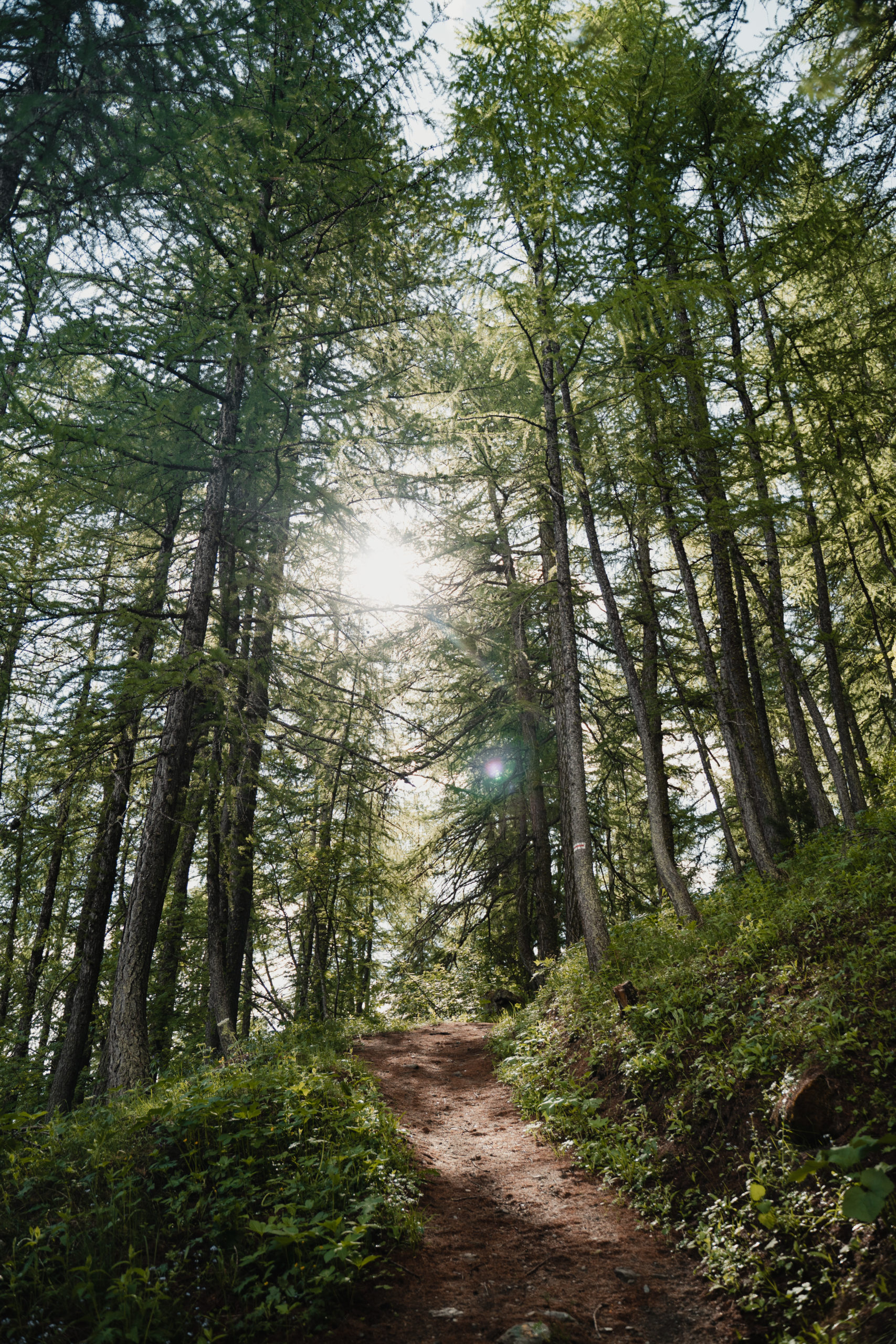Testimonial: the PLU and communal forests
March 11, 2024

Testimonial from Louis Constantin, forestry technician at ONF (Office National des Forêts) in Val d'Isère.
"433 hectares of communal forest are managed by the ONF. This is an important area, as it is home to a rich diversity of animal and plant species. The protection policy currently in place is well suited to the challenges posed by the forest's functions: it is essential that the PLU, despite the considerable land issues at stake, continues to preserve them.
Particularly in Val d'Isère, an area hemmed in by mountains, they play a fundamental role:
- They protect human activities against natural hazards, by fixing the soil and snowpack, and slowing rockfalls and avalanches.
- They enable visitors to enjoy the natural environment, one of the region's major assets.
- They maintain biodiversity, enabling many ecosystems to thrive.
- They help filter and purify water
- They have a patrimonial role, as witnesses of the history of the territory, because they preserve the traces of climatic hazards (drought...) and of human management (cultivation of certain species, presence of pastures...).
The forestry technician is the guarantor of forest conservation and is alert to any abuses that may occur. In particular, it is necessary to monitor the boundary between the village outskirts and the forest boundary. In addition to illegal construction, which can encroach on communal land, building work can damage the soil, cause earthworks and lead to the presence of waste... The PLU, along with other environmental protection texts, provides a legal basis for protecting the territory and taking action in the event of infringements. On the other hand, local residents are also at risk of being disturbed by the forest if their buildings are too close to it, receiving too little light for example.
In the villageLimiting the spread of concrete and preserving natural areas is a major challenge. These biodiversity-rich environments provide a haven for the wildlife that passes through the village, while also benefiting the well-being of human beings: it's a win-win situation.
Avalin's economy depends on its natural environment and privileged access to nature: the management of these areas must be adapted accordingly. Deforestation may sometimes be necessary to maintain the village's economic development. The general public must be allowed to make the forest their own, while at the same time controlling traffic so as not to disturb local animal species. The PLU has a role to play in this balance and in the development choices made for natural areas.
Interviewed in January 2024.